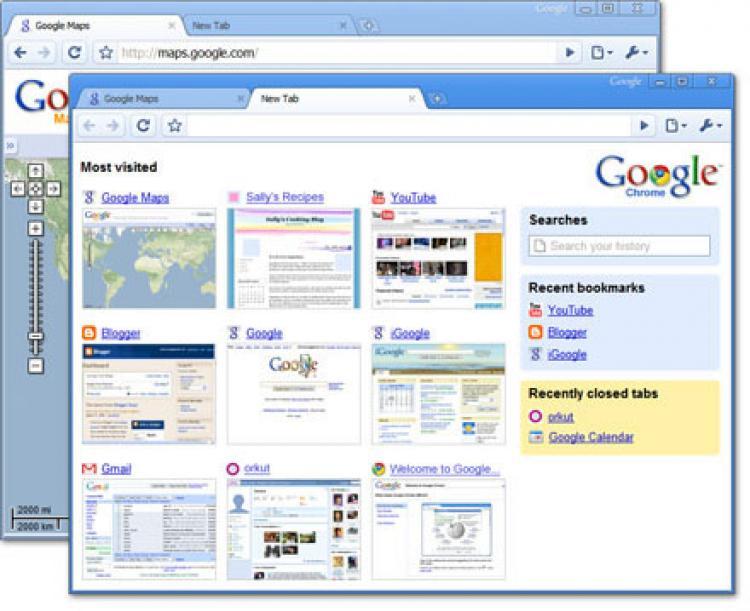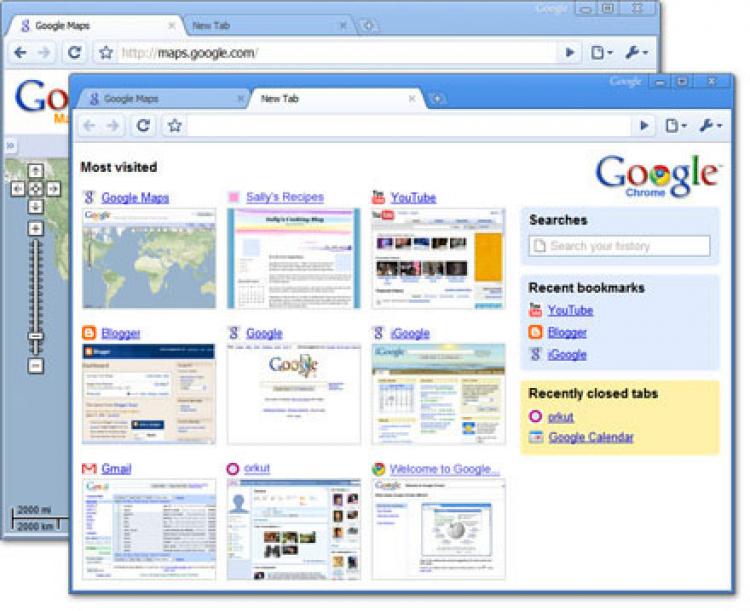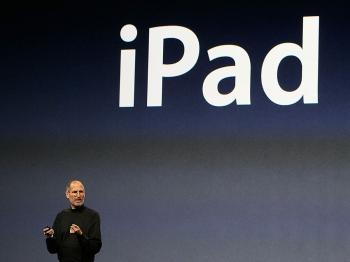NEW YORK—Google announced plans to strike at the heart of Microsoft’s software empire, announcing its own operating system today. The search engine giant intends to launch the Google Chrome OS in late 2010.
The company announced on its blog that the Chrome OS will be an “open source, lightweight operating system that will initially be targeted at netbooks.” Google said that the operating system would be available for consumers in mid-2010, but that the code for the system would be available later this year.
Google said that Chrome will be based on the open-source Linux operating system. That means that the company will most likely release Chrome another Linux distribution, like Ubuntu and Red Hat’s Fedora, except that it will have the backing of Google, and possibly tie-ins with some high-profile computer makers.
The Chrome OS aims to be different from Google’s existing Android platform. Google said that Android “was designed from the beginning to work across a variety of devices from phones to set-top boxes” while the Chrome operating system was “created for people who spend most of their time on the web.”
Targeting Microsoft
Google’s work on the operating system and its announcement seems aimed directly at software giant Microsoft, whose Windows operating system dominates with close to a 90 percent market-share for desktops.
Windows also accounts for 28 percent of Microsoft’s revenues, but Google is apparently aiming at another form of revenue by giving away its operating system for free.
Hints about the web-centric nature of the Google Chrome operating system were pervasive throughout the announcement. Google said that with the “fast and lightweight” operating system, “most of the user experience takes place on the web.”
Industry watchers say that Chrome would have a browser and web-centric user interface, which all services being provided through online web-based applications - a domain that Google hopes to dominate with its own offering of online applications.
Google already has an online office suite, called Google Apps, which combines its offerings of GMail (mail), Docs (word processing) and Calendar.
The search engine giant handles more than 60 percent of Internet search traffic, according to web analytics firms such as comScore and others. Microsoft has long tried to move into the lucrative search engine market. It recently unveiled a new search site, Bing, which captured some market share from Google after its launch on June 3, 2009. But the software giant still remains at third place in the search engine market, behind Google and Yahoo.






